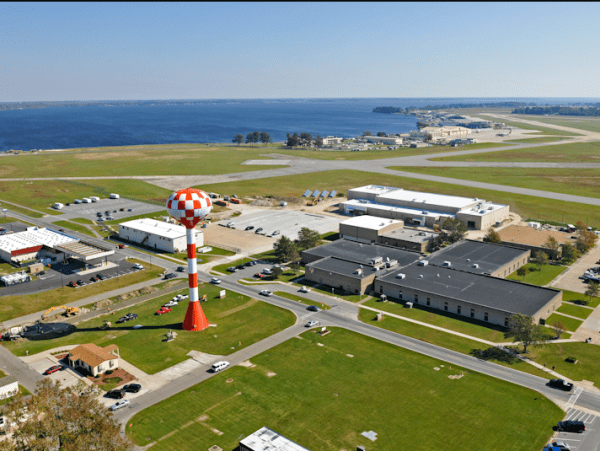Is HVAC Hard to Learn

Introduction to HVAC

The Heating, Ventilation, and Air Conditioning (HVAC) industry is a complex and fascinating field that requires a combination of technical knowledge, problem-solving skills, and hands-on training. As the demand for skilled HVAC technicians continues to grow, many individuals are considering a career in this field. However, one of the most common questions asked by those interested in pursuing an HVAC career is: is HVAC hard to learn?
Overview of HVAC Systems

To answer this question, it’s essential to understand the basics of HVAC systems. HVAC systems are designed to provide a comfortable and healthy indoor environment by controlling temperature, humidity, and air quality. These systems consist of various components, including heating and cooling units, ventilation systems, and air distribution networks. Understanding how these components work together to provide a comfortable indoor environment is crucial for anyone looking to learn HVAC.
Key Concepts and Skills

To become a skilled HVAC technician, you’ll need to learn about various key concepts, including: * Thermodynamics: the study of heat, temperature, and energy transfer * Refrigeration: the process of cooling and dehumidifying air * Electrical circuits: understanding how to read and troubleshoot electrical diagrams * Plumbing: knowledge of pipes, fittings, and valves * Mechanical systems: understanding how to install, maintain, and repair HVAC equipment
In addition to these technical skills, HVAC technicians must also possess soft skills, such as: * Communication: ability to interact with customers and explain complex technical issues * Problem-solving: ability to diagnose and troubleshoot problems * Time management: ability to manage time efficiently and prioritize tasks
Learning Resources and Training Programs

There are various learning resources and training programs available for those interested in learning HVAC. These include: * Vocational schools: programs that offer hands-on training and classroom instruction * Online courses: web-based courses that provide flexible learning options * Apprenticeships: on-the-job training programs that allow students to work under the guidance of experienced technicians * Manufacturer training programs: programs offered by equipment manufacturers that provide specialized training on specific products
| Training Program | Duration | Cost |
|---|---|---|
| Vocational school | 6-12 months | $3,000-$6,000 |
| Online course | 3-6 months | $1,000-$3,000 |
| Apprenticeship | 1-2 years | $0-$2,000 |
| Manufacturer training program | 1-3 weeks | $500-$2,000 |

Challenges and Rewards

While learning HVAC can be challenging, it can also be a rewarding career. Some of the challenges you may face include: * Physical demands: working in cramped spaces, lifting heavy equipment, and being exposed to extreme temperatures * Technical complexity: understanding complex systems and troubleshooting problems * Continuous learning: staying up-to-date with new technologies and industry developments
However, the rewards of a career in HVAC include: * Job stability: high demand for skilled technicians * Competitive pay: median salary ranges from 40,000 to over 70,000 * Personal satisfaction: knowing that you’re helping to provide a comfortable and healthy indoor environment for people
📝 Note: It's essential to research and understands the specific requirements and regulations in your area, as they may vary.
In summary, learning HVAC requires a combination of technical knowledge, hands-on training, and soft skills. While it can be challenging, it can also be a rewarding career with job stability, competitive pay, and personal satisfaction. With the right training and resources, anyone can learn HVAC and succeed in this field.
What is the average salary for an HVAC technician?

+
The average salary for an HVAC technician ranges from 40,000 to over 70,000, depending on experience, location, and industry.
How long does it take to become an HVAC technician?

+
The duration of training programs can vary, but most vocational schools and online courses take 6-12 months to complete, while apprenticeships can take 1-2 years.
What are the most common challenges faced by HVAC technicians?

+
Some of the most common challenges faced by HVAC technicians include physical demands, technical complexity, and continuous learning to stay up-to-date with new technologies and industry developments.



